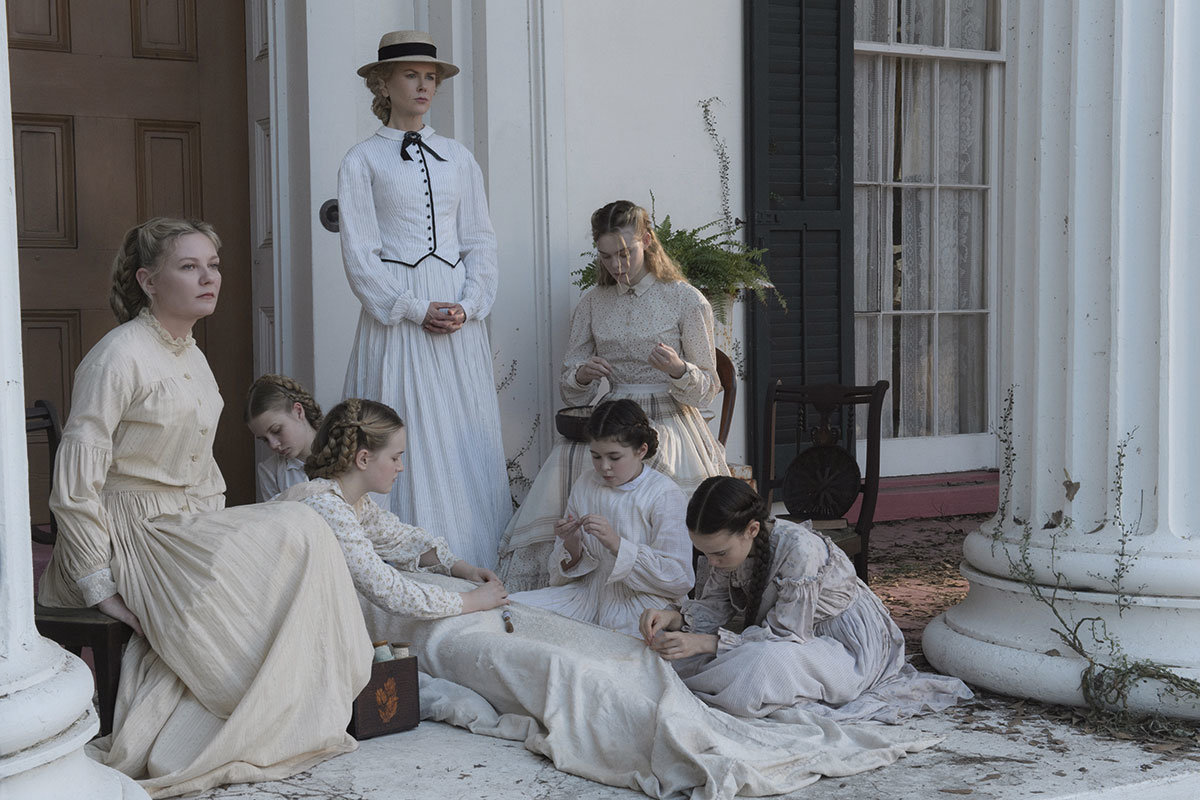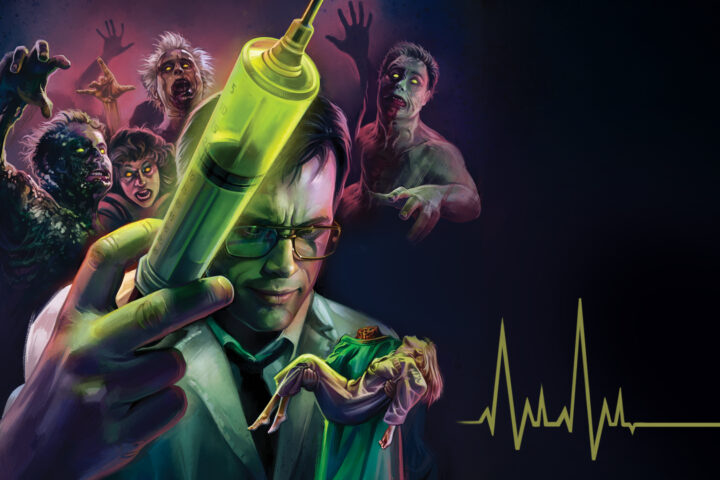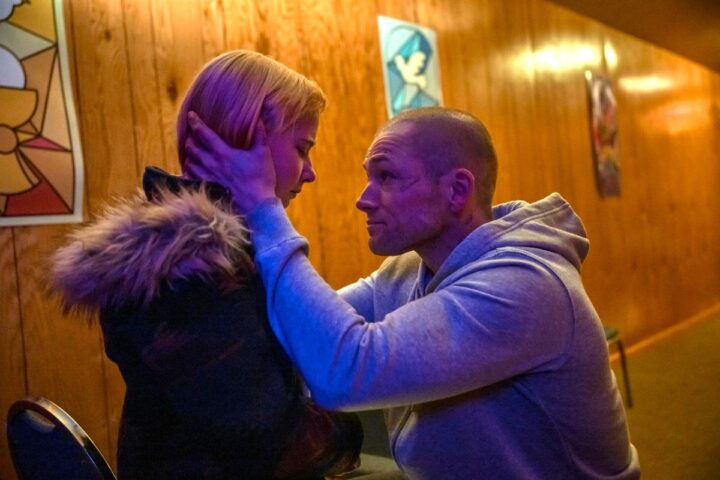Sophia Coppola’s The Beguiled, for which she won the directing prize at Cannes this year, is a sum of its parts picture with enough going for it to recommend, but not quite enough to transcend its inherently pulpy story. But it sure is fun while it lasts.
Based on Don Siegel’s 1971 film of the same name, Coppola has refashioned that Clint Eastwood potboiler as a feminist awakening of sorts (and eliminated a crucial character), and the results are entertaining in the hands of her talented cast and technicians.
It’s an admittedly arcane film to refashion, telling the story of a soldier whose presence throws a collection of Virginia women and girls into a tizzy after he ends up seeking refuge in their cloistered mansion home. Coppola, as expected, has refashioned much of it as a feminist parable of awakening and power.
The movie opens deep into the Civil War where wounded Corporate John McBurney (Colin Farrell) is discovered by young Amy (Oona Laurence), out to bring back mushrooms but instead helping the man back to the safe confines of Farnworth’s Seminary for Young Ladies, run by the commanding Martha Farnsworth (Nicole Kidman), a white columned mansion functioning as both a school and halfway house for the spoils of war.
The other authority figure in the house is lonely writing teacher Edwina (Kirsten Dunst), and together the women watch over Amy, nubile teen Alicia (Elle Fanning, aged down), Marie (Addison Riecke), Jane (Angourie Rice) and Emily (Emma Howard).
McBurney, a union soldier, has gone AWOL and with a wounded leg is in bad need of some charity, provided reluctantly by Martha, whose push-pull desires are initially unclear. Kidman, with her usual professionalism and richness, delivers a pious character driven by good conscience and the need to set a moral example to the girls while suppressing her own festering desires. An opportunity to contextualize the story with any allusions to the war outside is largely avoided.
Of course, the interloper’s arrival irrevocably changes the hermetically closed mansion, throwing its established routines—largely regimented suppression—into a tailspin. Farrell, the sexiest of actors, oozes charisma and perhaps manipulation as he methodically ingratiates himself into the girls’ good graces. I was, at times, reminded of Terrence Stamp in Pasolini’s Teorema.
The set-up of the movie is solidly engrossing, in part because we know that the established routines and sexual repressions are about to burst, and the fun is in watching McBurney eradicate them. This, perhaps, is most complex in his relationship with Edwina, and once it appears that he is about to be forced from the house he declares his affections for her, which we never quite buy because, this is a thriller after all, and Farrell’s scurrilous motivations seem self-serving to a fault.
Consequently, the picture is never able to be fully understood because John remains a cipher whose true intentions never reveal themselves; consequently, our identification shifts between the women and the soldier, and we don’t quite know whom to trust. If this sounds like a strength, it plays like a lack of commitment. After twist in the second half steers The Beguiled firmly into thriller territory, Coppola amps up McBurney’s villainy and a movie that had been tonally subdued is enlivened by the threat of violence in every scene.
In a most seductive film, Coppola lays on the southern Gothic atmosphere with art direction and cinematography drenched in sun rays, willow trees, kerosene lamps and an overall palette of period-suggestive desaturation that are the real stars of this movie.
Kidman, in the top tier of the world’s best actresses, is an immaculate technician bar none, and knows how to clean up a scene like nobody’s business, meaning she leaves no stone unturned, no angle unexplored and no mannerism in the toolkit. In The Beguiled, Coppola gives her three key moments—a quivering scene where she washes an unconscious Farrell’s bare body, another where she asks for an anatomy textbook and a third where she quietly sits, still, her arms around the girls and says plainly, “I’m thinking.”
Dunst is also sympathetic as the lovelorn teacher Edwina, who longs to get “far away from this place,” Fanning passable as the teen bewitched by her man-crush and the younger actresses each convey distinctive clarity. Adolescent Addison Reicke, in particular, is direct and authoritative while delivering a key moment driving the story’s dénouement.
The Beguiled is beautifully shot, well-acted and a lot of fun. Whether you remember it tomorrow is another matter.
3 stars.



